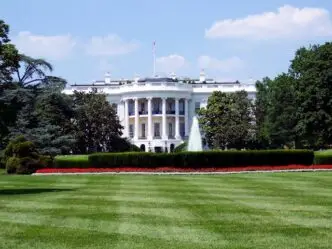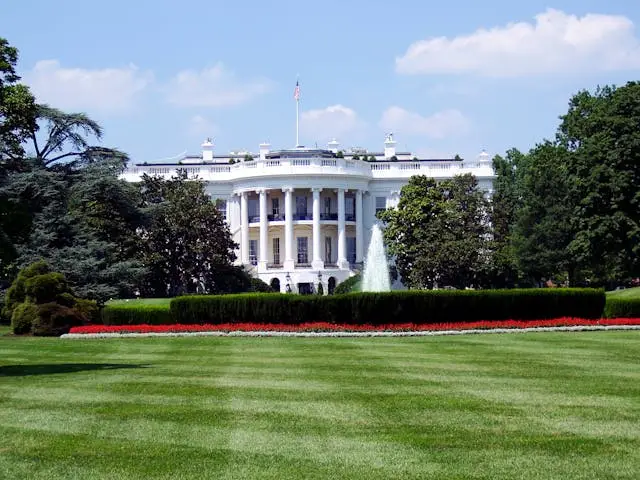Trump Pledges to Lift All Military Restrictions on Israel on Inauguration Day: A Comprehensive Analysis
According to recent reports, President-elect Donald Trump has made a bold commitment to lift all military restrictions on Israel on his first day in office. This pledge, if fulfilled, could potentially pave the way for a 60-day cease-fire, allowing Israel to suspend hostilities until military support resumes under the new administration.
Background: U.S.-Israel Relations and Military Support
Over the past few decades, the U.S. has been a stalwart ally of Israel, providing significant military support. This cooperation is rooted in a shared commitment to democracy in the Middle East, combating terrorism, and maintaining regional stability. However, the nature of this support has always been subject to restrictions imposed by successive U.S. administrations. These include limits on the types of weapons that can be supplied, how they can be used, and the extent of military aid.
Trump’s Pledge: A Shift in U.S. Policy
Trump’s promise to lift all military restrictions on Israel represents a significant shift in U.S. foreign policy. By doing so, he is effectively giving Israel a free hand in determining how it uses U.S. military aid, a move that has the potential to dramatically reshape the dynamics of the Middle East.
Analysis: Implications of the Pledge
Experts in international relations and Middle East affairs have been quick to weigh in on what this pledge could mean. While some laud the move as a strong show of support for a key ally, others warn of potential fallout, including escalating tensions in the region.
Dr. Jonathan Rosen, a professor of Middle East studies at Yale University, notes that “the removal of restrictions could allow Israel to act more decisively in addressing its security concerns. However, it could also risk escalating conflicts with its neighbors, particularly if there is a perception that the U.S. is enabling unilateral Israeli military action.”
Statistics: U.S. Military Aid to Israel
According to the Congressional Research Service, the U.S. has provided Israel with $146 billion in military aid since 1948. Over the past decade alone, the U.S. has provided an average of $3 billion annually in military aid. The lifting of restrictions could potentially see these numbers increase, depending on how the new administration structures its military aid program.
The Prospect of a 60-Day Cease-Fire
The reported possibility of a 60-day cease-fire following Trump’s inauguration is an intriguing development. This would essentially provide a buffer period during which hostilities could be suspended while the new administration’s policies take effect. However, it’s crucial to note that this would be contingent on the cooperation of all parties involved, something that is not guaranteed given the volatility of the region.
Expert Perspectives: The Cease-Fire
Experts have diverse views on the potential impact of a cease-fire. Some argue that it could provide a much-needed respite and open avenues for dialogue. Others, however, caution that it could merely serve as a hiatus before a potential escalation of hostilities.
“A cease-fire can be a double-edged sword,” warns Dr. Rebecca Zimmerman, a political scientist at the RAND Corporation. “While it can provide temporary relief and a chance for diplomacy, it can also be used by parties to regroup and rearm, potentially leading to an even more intense conflict once it ends.”
Looking Forward
As the world anticipates the inauguration of Donald Trump, the implications of his promise to lift all military restrictions on Israel are being hotly debated. This pledge, if enacted, could have far-reaching consequences for U.S. foreign policy, regional stability in the Middle East, and the delicate balance of power in the region. The potential for a 60-day cease-fire adds another layer of complexity to an already intricate situation. As always, the outcomes will depend on a myriad of factors, including the actions of other regional actors and the strategies adopted by the incoming U.S. administration.
Given the profound implications of these developments, it’s clear that the world will be watching closely as President-elect Trump takes office and begins to implement his foreign policy vision. And as ever, the ultimate measure of success will be the establishment of lasting peace and stability in the Middle East.















